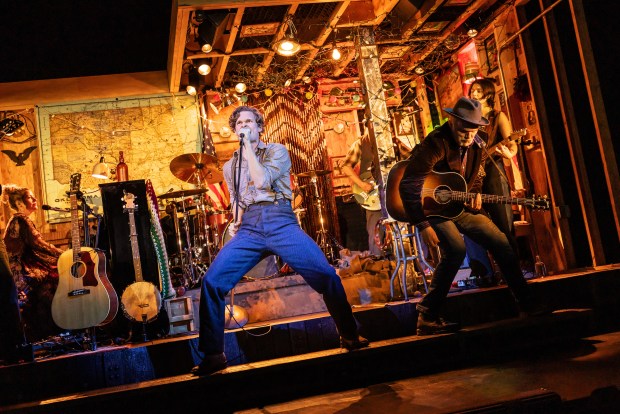It has been a few months since Zach LaVine appeared in the NBA rumor mill, but the Chicago Bulls star came up in conversation this week as a potential trade target for the Philadelphia 76ers.
LaVine isn’t at the top of any team’s list of summer targets, but according to reports from Yahoo Sports and the Philadelphia Inquirer, he could be a viable backup plan if the 76ers don’t land Paul George in free agency. Jimmy Butler and Brandon Ingram also were named as secondary options for the 76ers.
This isn’t the first time LaVine has been tied to another team or even the first time the 76ers have shown interest in the two-time All-Star shooting guard. But nearly six months after LaVine first broached the issue of being traded, it’s fair to ask if this the one that will stick.
After the Miami Heat bounced the Bulls out of the play-in tournament for a second straight year, executive vice president of basketball operations Artūras Karnišovas insisted he is committed to making changes this summer — but that didn’t mean a commitment to moving LaVine in this trade window.
Karnišovas’ tenure at the helm of the Bulls front office has been defined by hesitance, earning the ire of fans after opting for inaction at three consecutive trade deadlines. But in the case of trading LaVine this summer, a little trepidation might be warranted.
As teams wait for the NBA playoffs to end before starting to wheel and deal, there’s little evidence around the league that LaVine will be a top priority for any team. Most reports have suggested teams would desire an additional asset to be attached in order to move LaVine, whose contract — which totals $138 million over the next three years — has become an outsized burden compared with his perceived value.
So what does this mean for the Bulls? In short, they’re stuck in a serious rut.
LaVine’s value is at an all-time low after he played some of his worst basketball — averaging 19.5 points on 45.2% shooting while dropping to 34.9% behind the 3-point arc — in an injury-riddled season in which he played only 25 games.
But for a player like LaVine, value can fluctuate rapidly. He’s only 29 with a proven ability to anchor a team’s scoring. So he easily could rebuild his stock — and thus boost his trade value for the Bulls — by coming out strong to start the 2023-24 season.
The safest option — and therefore the likeliest given the tendencies of the Bulls front office — is to keep LaVine through the summer. In a best-case scenario, he would stay injury-free and return to a more standard form, at which point the Bulls could hear more serious interest at the trade deadline.
However, the front office also prefers to make deals in the summer rather than during the in-season trade window, which means Karnišovas and Co. could hold out until next summer.
If that feels like a marathon for Bulls fans itching for a change, well, it makes sense. But it’s in the team’s best interest for the front office to get the highest value out of a LaVine trade rather than jump at the first offer.
Of course, all of this is complicated by the front office’s apparent willingness to re-sign DeMar DeRozan, who voiced his eagerness to stay in Chicago on the “Run It Back” podcast earlier this month. If the Bulls bring back both LaVine and DeRozan this fall, it would be hard to align Karnišovas’ fervent promises to enact change against the repetitive reality of the roster.
But even with a glimmer of interest in LaVine from other teams, the Bulls seem entrenched in that vision — at least at the start of the summer.



